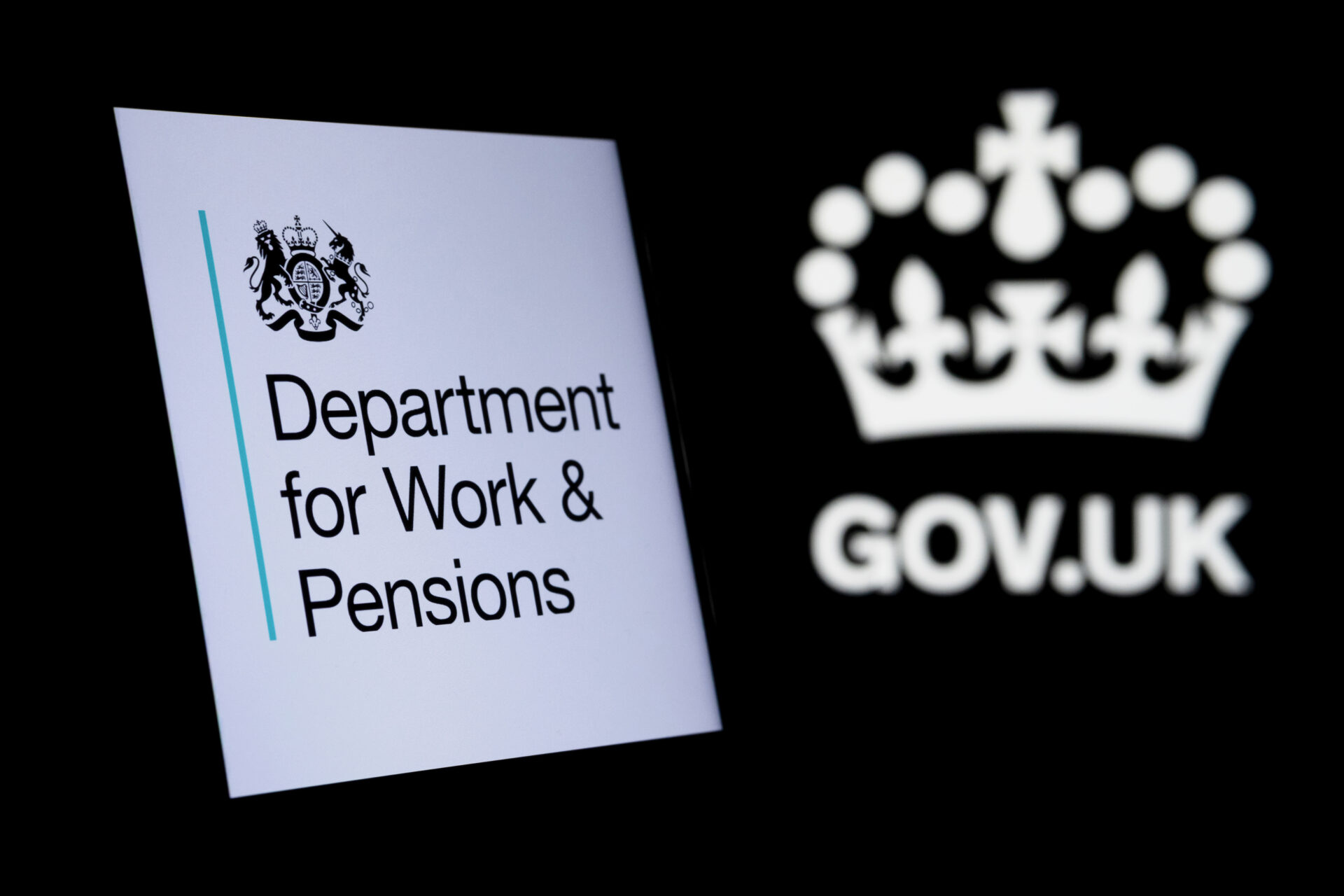Adrian Furnival, 82, who previously served in the army, learned in 2018 through an annual statement from the Department for Work and Pensions (DWP) that his Adult Dependency Increase (ADI) payments would stop in 2020.
This payment, a supplement provided when the main earner reaches State Pension age but their partner has not, accounted for over £250 a month.
Furnival and his wife Sheila, 67, moved to Brittany in 1994.
People who lived in the UK were told about the change to ADI payments eight years earlier in 2010.
Parliamentary and Health Service Ombudsman (PHSO) found that the Department failed to properly communicate the changes to Adrian and that DWP should have told him about the changes in April 2010.
Furnival said the DWP had also failed to respond to his initial queries and complaints in a timely way.
The Ombudsman recommended that DWP apologise and pay Furnival £675.
The number of those who were living abroad and entitled to ADI is unknown, but in May 2019, a year before ADI ended, DWP told Parliament that 10,817 people were still in receipt of ADI.
The Ombudsman recommended that DWP also provide a comparable remedy to anyone who approaches it in a similar situation.
The PHSO has urged Government bodies to ensure their communication with the public is fair, clear, and consistent.
Parliamentary and Health Service Ombudsman Rebecca Hilsenrath said: “Poor communication from Government departments damages trust in public services.
“DWP has a history of failing to communicate pension policy changes clearly and failing to learn from its mistakes.
“In Adrian’s case, this meant that, without the right information, he lost the opportunity to prepare for his retirement. It also caused him unnecessary financial worry.
“Anyone who believes they have had a similar experience to Adrian should contact DWP.
“DWP has complied with our recommendations and will provide a comparable remedy to anyone who approaches them with a similar situation.”
Furnival said: “It came as a shock to me.
“They sent the leaflet to us every year, so they could have told us at any point from 2010 onwards.
“The key issue for me is why I wasn’t told that my income would be going down by approximately £70 a week sooner.
“We only have our pensions as income, so we were worried about what we were going to do to make ends meet.
“If they had told us at the same time as everyone else, we could have had eight more years to plan for the shortfall.
“That would have given us enough time to do something, my wife or I could have tried to get a job. By 2018 we had no way of replacing that income.
“This could have been handled much better and I knew that it could well effect other people in the same situation.
“When I first queried it with DWP, they took nine months to reply and it felt like we just went round and round.
“Which is why I then raised it with my MP and brought my complaint to the Ombudsman.”
















